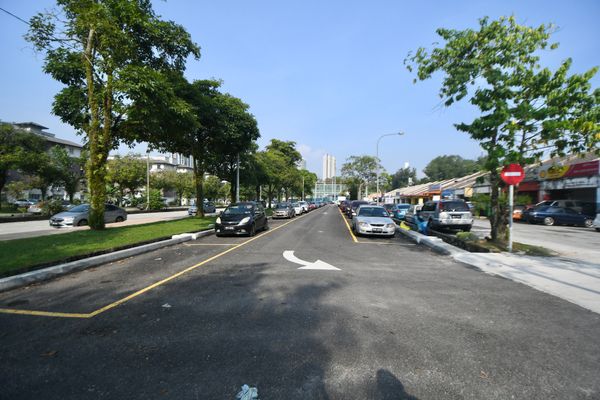By Yasmin Ramlan
SHAH ALAM, July 15 — The Selangor government acknowledges that local councils may experience a slight decline in parking revenue during the early phases of the state’s Smart Intelligent Parking (SIP), but expects collections to significantly improve in the long run.
State executive councillor for local government and tourism Dato’ Ng Suee Lim said a temporary drop in revenue is inevitable as the system stabilises, amid concerns that affected councils will see a drop in income.
“Local councils may see some losses initially, but it is important that an integrated and centralised collection system can be implemented, with the Menteri Besar Selangor (Incorporated), or MBI, playing this role on behalf of the state government.”
Ng said the concession agreement will be formalised through an agreement between the local councils, MBI-owned Rantaian Mesra Sdn Bhd, and the concessionaire.
This differs from his July 9 statement when he announced the privatisation of municipal parking through the SIP. Ng had said that under the new arrangement, MBI had appointed Rantaian Mesra to execute the SIP, with 10 per cent of parking revenue going to MBI, 40 per cent to local councils, and 50 per cent to Rantaian Mesra.
[caption id="attachment_407950" align="aligncenter" width="1024"] State executive councillor for local government and tourism Dato’ Ng Suee Lim holds a press conference at the State Secretariat Building, Shah Alam, on July 15, 2025. — Picture by MOHD KHAIRUL HELMY MOHD DIN/MEDIA SELANGOR[/caption]
State executive councillor for local government and tourism Dato’ Ng Suee Lim holds a press conference at the State Secretariat Building, Shah Alam, on July 15, 2025. — Picture by MOHD KHAIRUL HELMY MOHD DIN/MEDIA SELANGOR[/caption]
Today, Ng clarified that the exact percentages have yet to be finalised.
Ng also said current parking collections are “unsatisfactory” at just 30 per cent, and assured the SIP model is designed to increase revenue in the long term.
He estimated it would take about three years for the system to reach its full potential, adding that it aims to improve safety with advanced technology.
Ng said the concessionaire will bear the upfront costs for infrastructure and technology enhancements, including artificial intelligence enforcement tools and upgraded patrol systems.
“They have to inject significant capital to install all the necessary infrastructure and strengthen patrol systems to boost collections.
“If the collections do not reach the targeted level, the company cannot survive, so they will work to ensure revenue remains high and can be shared with the local councils,” he said.
Ng clarified that enforcement authority will remain with local councils under existing laws, while the concessionaire will handle technical operations and customer service.
The state expects the new model to reduce reliance on manual enforcement, integrate digital technology, and improve parking governance.
Ng said the SIP will be implemented without imposing operational costs on councils.
The first phase of the SIP is set to start August 1, involving four local authorities: the Petaling Jaya City Council, the Subang Jaya City Council, the Shah Alam City Council, and the Selayang Municipal Council.




